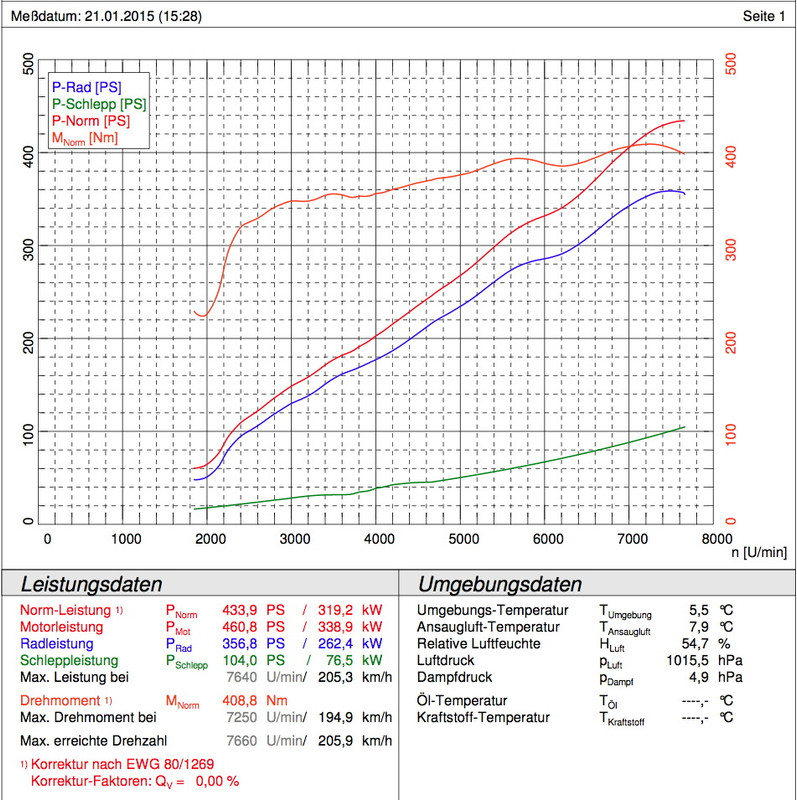.. and the proposed regulations require Lambda =1.0 under all load conditions. Lambda at 1.0 = the perfect ratio of oxygen/petrol for efficient combustion, that is an air/fuel ratio of 14.7:1.0. As an example, an air/fuel of 13.0:1 would be Lambda 0.88. Petrol engines normally run "rich" at lower revs and at best ratio at higher revs.
Here is a typical dyno chart of a tuned 3.8L 911 Power Pack engine showing Lambda (oxygen/fuel ratio) rising from 0.2 to slightly over 1.0, from rich to lean.

So Lambda 1 under all load conditions would have petrol engines being fuelled and managed quite differently than today. This is Euro 7 coming to a showroom near you, all in the cause of minimal emissions by burning fuel at the perfect air/fuel ratio at all times.
Here is a typical dyno chart of a tuned 3.8L 911 Power Pack engine showing Lambda (oxygen/fuel ratio) rising from 0.2 to slightly over 1.0, from rich to lean.

So Lambda 1 under all load conditions would have petrol engines being fuelled and managed quite differently than today. This is Euro 7 coming to a showroom near you, all in the cause of minimal emissions by burning fuel at the perfect air/fuel ratio at all times.










